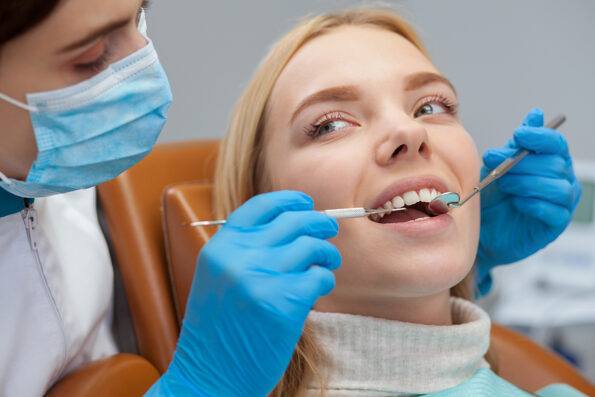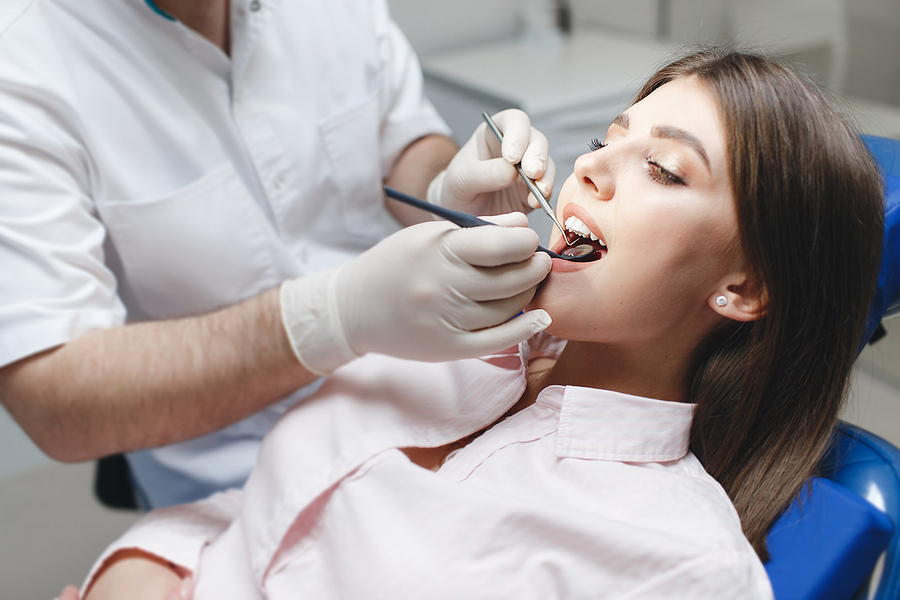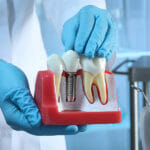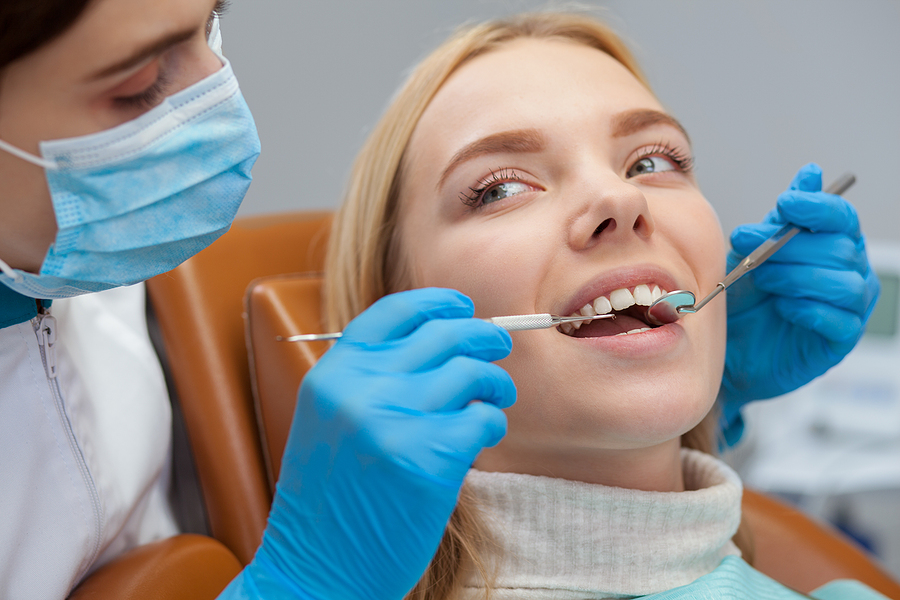The dentistry interview tutor will explain the common types of admittance interviews
Dentistry is a popular destination for future students – and there are a couple of reasons why that is so. Compared to general medicine, dentistry requires far less theoretical, fundamental knowledge (And I don’t say that to demean dentistry), but higher manual skills, while simultaneously rewarding specialists as generously as in Medicine, with annual salaries going into 6 figures numbers.
It is no surprise that there is a fierce competition to get into the dental school. One step that should always be undergone is a dentistry interview. Therefore, to increase your chances of successful admissions, our dentistry interview tutors at medicmind.co.uk are more than ready to provide you dentistry interview prep. Read here about the main types of dental school admittance interviews.
Traditional interview
Table of Contents
The basis of the traditional interview is general questions about you, your motivation, choice of specialty, plans for the future, career goals, etc. The example questions are as following:
- Why are you interested in this university? / Why did you choose this university?
- What is your greatest weakness? / When did you fail at something?
- What extracurricular activities are you involved in?
- Where would you like to work? / Career goals and the countries you want to work in / How would the university help you to achieve your goals?
Case interview
In the case interview, you will be given a problem or a situation for which you need to propose a solution. The interviewer simultaneously evaluates analytical skills, creativity, logic, and reasoning of the enrollee. In the case interview, the correct answers per se are not that important – what really matters is the thinking process. So, interview will assess:
- How do you ask clarifying questions, identify key details, draw conclusions;
- How do you find a way out of a nonstandard situation;
- How do you act within the given conditions (which are often insufficient to solve the problem).
Listen carefully to the question and take corresponding notes; should you be in doubt, double check the premises, ask the interviewer to clarify them. Then speak out methodically your solution algorithm, so that the interviewer will be able to follow the development of your thoughts.
Stress interview
This type of interview is pretty rare, especially in the dental schools. The job of the interviewer is to put the enrollee in a stressful situation to find out how well you will respond to and deal with pressure. The interviewer may therefore employ:
- Delicate questions – on acute social and personal topics;
- Cold, harsh tone of voice;
- Persistent disagreement with your point of view;
- Provocation (for example, a request made in disbelief to convince him of something).
In a regular interview, the candidates often use pre-prepared answers and are not flexible in showing their real emotions; in the stress interview, however, the interviewer observes your behaviour under unexpected circumstances and seeks to notice your real character traits. Most importantly – never forget about the etiquette rules, don’t be nervous and don’t be afraid to reason, even if the interviewer is trying to deliberately make you unstable.
Subject/language interview
This is an interview that is primarily aimed at assessing your knowledge – in English language and/or any other subject. Many conversations include specific questions that relate to the future specialty. For example, those that aspire to join the dental school will be asked what specialty they prefer, if they already know anything and had any previous qualification.
If the questions are general, then the main goal of the interviewer is to check the level of the language. In this case, the interview is an alternative or addition to the international exam (IELTS and others).
Discussion interview
The conversation is based on a discussion of a topic related to the direction of study. Shortly before the meeting (or at the very beginning of it), you are told the topic and/or sent an article. In the second case, your task is to read the article, identify key points and answer questions from the commission on the topic. While reading, you can take notes, and then use them to argue your point of view. Be aware that the interviewer will not leave you without general questions about goals and motivation, either.
Panel interview
A panel interview is a meeting with a commission of several interviewers at once. Among them are professors and teachers of different specializations in the same field of study, sometimes another student of the university. Questions depend on the purpose of the commission and may include all of the above.

Panel interviews are used in all areas, but in medicine its effectiveness is often questioned. Therefore, new formats for future doctors, such as MPI and MMI, are now being developed.
Multiple-mini interview (MMI)
The MMI format involves a series of short structured interviews – interview stations. They assess qualities such as cultural sensitivity, mindfulness, teamwork, empathy, responsibility, and communication skills.
Before the start of each mini-interview, you are asked a question/situation and given a couple of minutes to prepare an answer. Upon entering the office, you are talking to an interviewer (usually about eight minutes) who knows nothing about you. Sometimes you are talking with a specially trained person, and the interviewer is just watching from the sidelines. Each interview is evaluated separately. MMI lasts from 30 minutes to two hours.
Modified personal interview (MPI)
This format was invented at the University of Toronto. The MPI consists of four independent interviews (about 12 minutes each) with short breaks – about an hour in total. Your interlocutor may be a doctor, healthcare professional, or medical student.
Each interview has its own purpose:
- Get to know you and your achievements;
- Assess your perspective on any ethical dilemma;
- Encourage you to introspect through examples from past situations involving leadership or teamwork.
Each interviewer has a list of leading questions on the topic, but, in general, communication is quite loose, as in a traditional interview. What is assessed are your awareness, communication and interpersonal skills. You will be looked at not only as a future dental school student, but also as a medical professional.
Image Source: BigStockPhoto.com (Licensed)
Related Categories: Education, Jobs, Reviews







